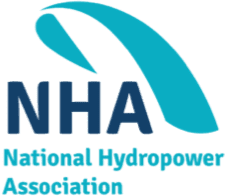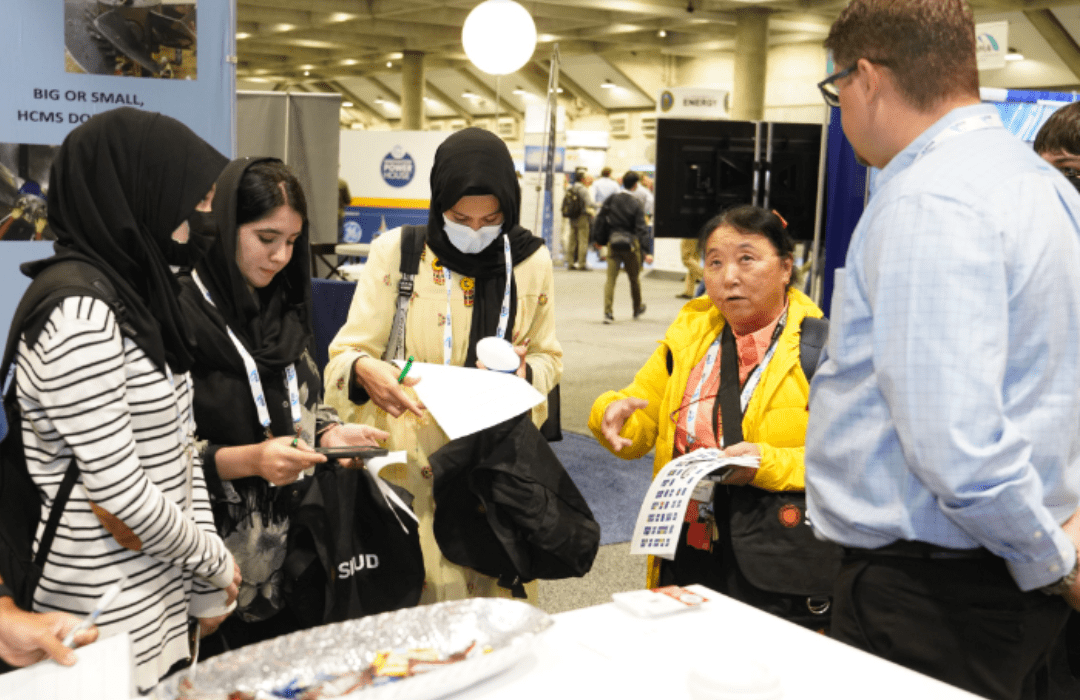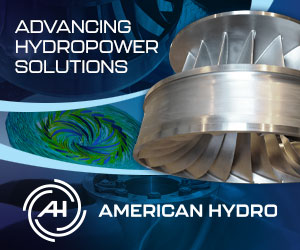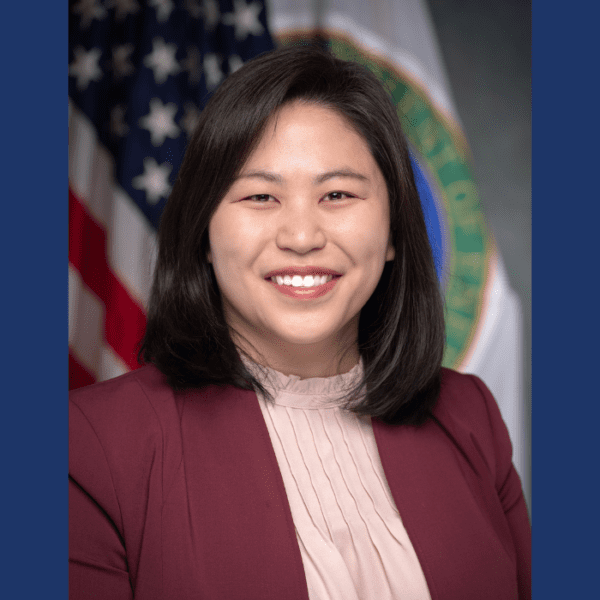Editor’s Note: During Waterpower Week in D.C., the Hydropower Foundation is hosting a fundraiser to help support workforce development, research, and educational work. If you’re interested in attending, the event will be held on May 8, 2023, at Le DeSales Restaurant from 5 – 8 p.m. ET, and tickets are required.
The Hydropower Foundation has an important mission: to increase the waterpower community’s opportunity to contribute to society and the environment. Led by Linda Church-Ciocci, executive director, who previously served as president and CEO of National Hydropower Association (NHA), the Hydropower Foundation is working to secure the industry’s future.
Serving educators, students, and the hydropower community, the Hydropower Foundation supports hydro’s role in meeting clean energy goals through education, research, and workforce development. By understanding how different groups can work together and mutually benefit, the Foundation is striving to address hydropower’s workforce challenges – looming retirements by 2030, worker retention, and limited employee pools.
Through the implementation of programs designed to strike a balance between industry research and educational outreach, the Foundation is expanding awareness of career possibilities within hydropower. Some of the programs offered by the Hydropower Foundation are:
Hiring for Hydro: This continuing activity consists of a series of events aimed at educating and orienting faculty and students at universities and community colleges about the needs of, and opportunities for, employment within the hydropower community. The program brings students to industry at regional and national events to showcase opportunities and allow students to network.
Hydro Think Tank: This program engages university students in addressing a hydro-related issue. Selected students are brought on site to a hydroelectric facility, where they participate as team members in addressing a real-world problem. At the conclusion of the week-long exercise, the students are critiqued by industry professionals, who share the solution that had been implemented.
POWERHOUSE spoke with Linda Church-Ciocci to learn more about the Hydropower Foundation’s history, programming, and goals.
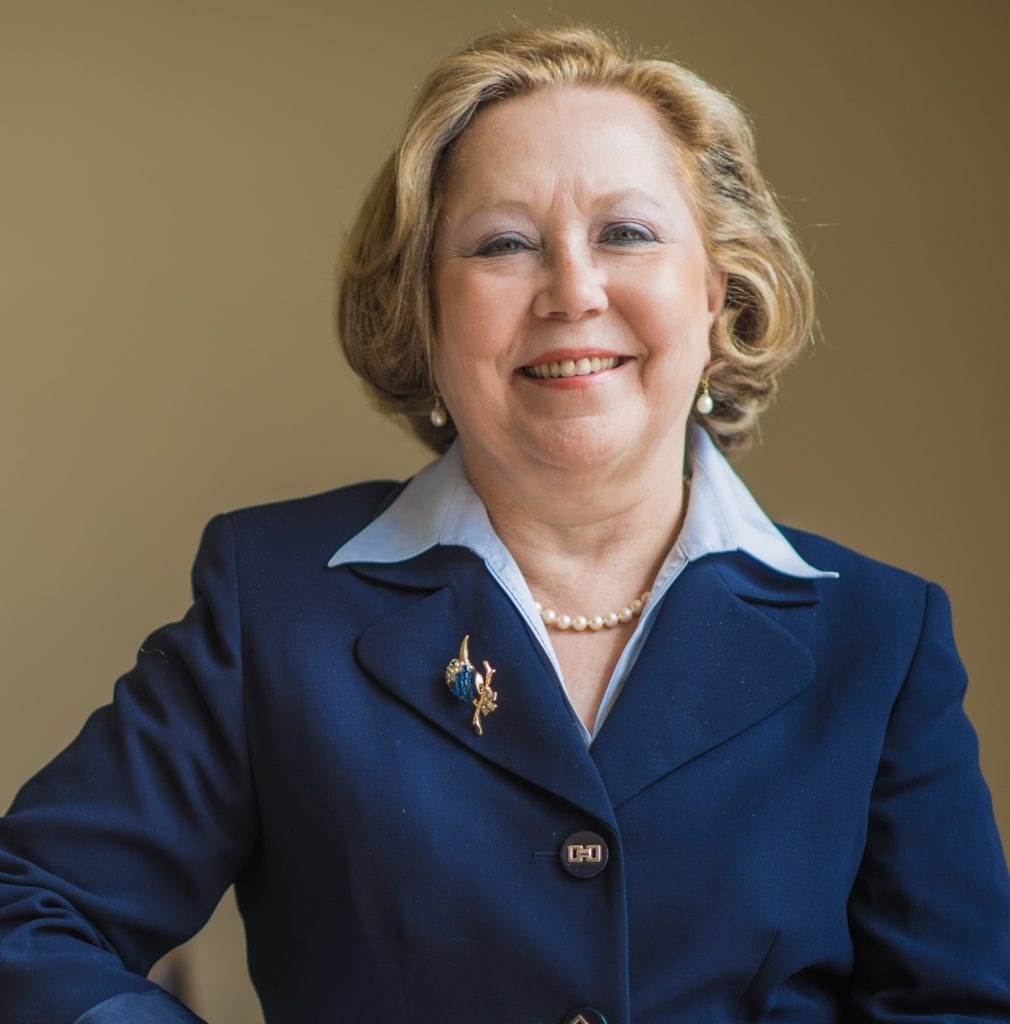
Linda Church-Ciocci, Executive Director of The Hydropower Foundation
POWERHOUSE: Can you provide POWERHOUSE readers with an overview of the Hydropower Foundation? Why was it created, and what does it do?
Linda Church-Ciocci: The mission of The Hydropower Foundation is pretty simple; The Foundation strives to increase waterpower potential and community opportunities that contribute to society and the environment.
The vision is to be a recognized leader in promoting research, education, and dialogue, and the areas of focus are environmental conservation, water management, and workforce development, which includes diversity, equity and justice. We also focus on research, operation optimization, and technical advancement.
The Hydropower Foundation was created by NHA in 1994 to be a conduit for the half-a-million dollars in industry funding to match a program at the DOE (Department of Energy) because the DOE had eliminated all its research for hydro. It began with the DOE restarting a hydro program that had to do with fish; specifically, fish passage. It was the seed that lead to the very large waterpower program of today.
Since then, we’ve transitioned into workforce issues. We have a relationship with historically black colleges and universities (HBCU’s), and we’re working very closely on diversity and inclusion issues. Currently, we have the Think Tank program, the Hiring for Hydro program, and the STEM (science, technology, engineering, and mathematics) program with the DOE.
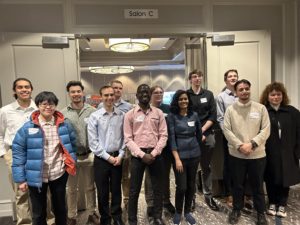
POWERHOUSE: Could you talk more about the STEM program?
Linda Church-Ciocci: The STEM program involves doing workshops to get a sense of the hydro industry’s needs, as well as introducing the industry to professors and college students to create networking opportunities. We are trying to find out where the challenges lie. And it also involves not only working with industry, but also the unions.
The Foundation has done several workshops over the years, and we just completed one with the Northwest Hydroelectric Association and CEATI. We also created a portal at the Department of Energy that’s a great source of information on hydropower and work opportunities within the industry.
Our past programs connected us to a wide network of schools and universities. With the Hydro Fellowship, we received a grant from DOE for $3.7 million, and we did a research awards program for $1 million. Those programs funded research on issues of import to the hydro industry. In fact, 75% of the students that went through that program ended up working in the industry. It has been a tremendous success.
That is what got us started on work force issues. We’ve been very successful with getting students interested in hydropower careers. Our Hiring for Hydro and Hydro Think Tank programs are two current offerings.
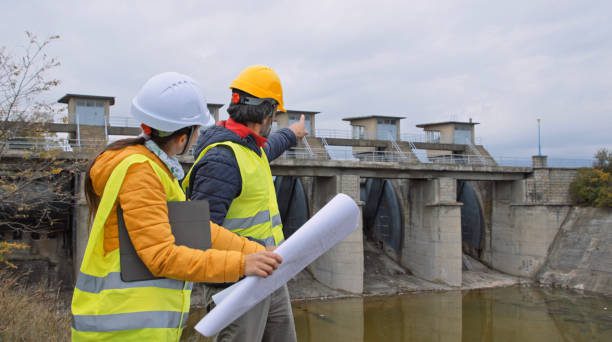
POWERHOUSE: What’s Hiring for Hydro?
Linda Church-Ciocci: The Hiring for Hydro program is essentially a career fair on steroids. We reach out the universities, community colleges and technical schools in advance of an industry meeting, either regional or national in scope. Students signed up to participate and we work on their resumes and offer virtual programs to learn about hydropower in advance of networking with industry. And we help them with their elevator speeches, so they’re prepared when we unleash to meet with the various companies.
We had twenty-three students sign-up for the one we did at the Northwest Hydroelectric Association meeting this past February. Since we first started doing this program, we have reached hundreds of students. Many end up working in hydro.
We did a small Hiring for Hydro program at Clean Currents last year. We are beginning to work on another for Clean Currents, NHA’s conference and tradeshow designed to bring the waterpower industry together to achieve a clean energy future, this fall.
The Think Tank program is more concentrated. It features students working in competitive teams. We take twelve to sixteen students, which we then divide into three teams, before giving them a problem set which is determined by the industry members who support the program.
We offer programming in advance to ensure they understand the problem and provide some initial training. Then we bring them to a facility so they have a opportunity to work hand in hand with industry. It’s pretty close to total immersion on all things hydro.
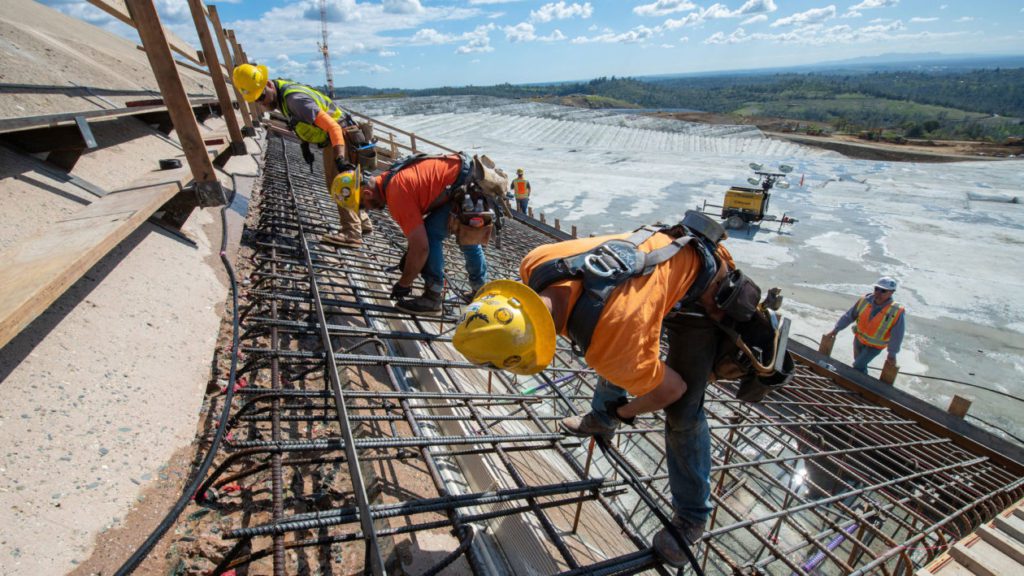
We also help them with their resumes, and we work on a whole bunch of non-hydro related issues to get them up to speed. We are doing one in Alabama the week after Waterpower Week. The students will be focusing on how to reshape the water from a hydro plant to meet a solar field. We’ve already got Tuskegee University signed on, and a lot of the HBCU’s in the southeast are going to be attending. Diversity is a large issue for the industry, and we’re trying to bring more of the students from HBCU’s into the industry.
We have planned another Think Tank in the northwest this summer. The problem set for that Think Tank has yet to be set. These programs, because hiring practices tend to be regional, are more regional in nature.
We’ve reached thirty-six students through the Hydro Think Tank at this point, and in terms of the new one we’re working on it will total sixty-five students. A lot of the students that come out of the Hydro Think Tank program end up working for industry in an internship program or they’re hired directly when they complete school.
The Think Tank programs are very popular, but they are limited. Only 12 to 16 students can be taken at a time. The Hiring for Hydro program has no limit, but we are still trying figure out how to make the program more effective. Students can’t always attend the meetings. They land at a difficult time in their schedule, so we are rethinking the program to have some of it brought directly to the university or school. And of course, there of funding difficulties.
Regarding the workforce, we know that bringing in young people is important, but it is just as important for the mid-level professional. We are trying to get a grant to establish a Vets for Hydro and to bring in people who are working for declining industries, like the coal industry. Stay tuned for that development.

POWERHOUSE: What scholarships opportunities does the Hydropower Foundation offer?
Linda Church-Ciocci: We have the Julie Keil Scholarship, which was created in 2017. The scholarship is governed by committee and is awarded to a woman that has an interest in hydro, or who may be in the industry already and unable to attend a conference, so we provide funding for that opportunity.
Also, we have the Mike Sale Scholarship. The Sale Scholarship is for research, and it exists on the nexus of hydro and waterfront management. It has a strong environmental bent and will be awarded to graduate students. Currently, we’re still fundraising for it, so we haven’t granted one yet, but we hope to grant one in the next year.
POWERHOUSE: What is The Hydropower Foundation’s connection with the Hydropower Collegiate Competition and the Marine Energy Collegiate Competition?
Linda Church-Ciocci: The collegiate competitions involves university teams pitted against one another, and we’ll be meeting at Waterpower Week, so it’ll be an opportunity for students to learn more about the industry while working on a project they’ll present to the Department of Energy. I think it’s exciting for the industry that the students will be around for Waterpower Week!
*The Hydropower Foundation is also working with the National Renewable Energy Laboratory (NREL) on a STEM workforce development grant funded by the DOE’s Water Power Technologies Office. Readers can follow the links to learn more about STEM for Hydropower and STEM for Marine Energy.
POWERHOUSE: What is your recommendation for folks that want to connect with The Hydropower Foundation?
Linda Church-Ciocci: All they need to do is call me. Currently, we’re hoping to get a grant to implement the Think Tanks and Hiring for Hydro programs across the country. In the meantime, right now, all someone needs to do is call to work with us on this and other ways to connect with universities and HBCU’s around the country.
FOR MORE INFORMATION
For more information, reach out to Linda Church-Ciocci via email or by phone at 720-828-2022. Interested parties may also email info@hydrofoundation.org or fill out the contact form here.

